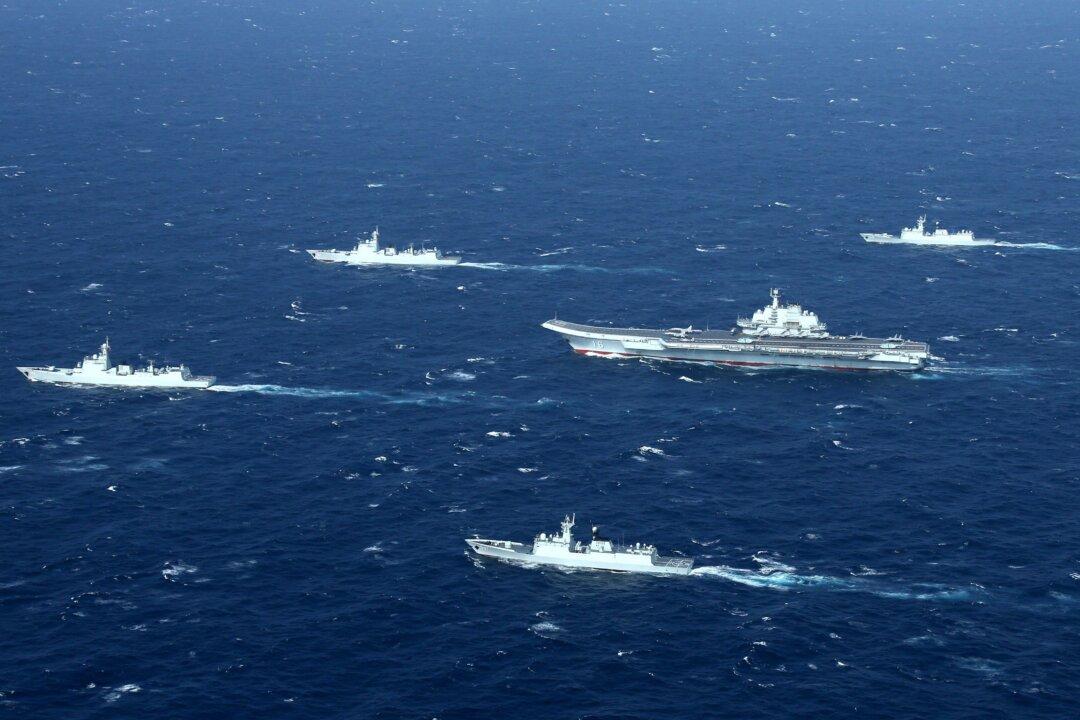British Defence Secretary Ben Wallace has highlighted new global threats such as those posed by the Chinese regime, and has pledged UK support for U.S. efforts to meet these challenges.
“We know China is growing the largest maritime surface and sub-surface fleets in the world,” he said on Wednesday. “And our competitors continue to challenge us in the grey zone between war and peace, especially in the cyber and space domains.”





